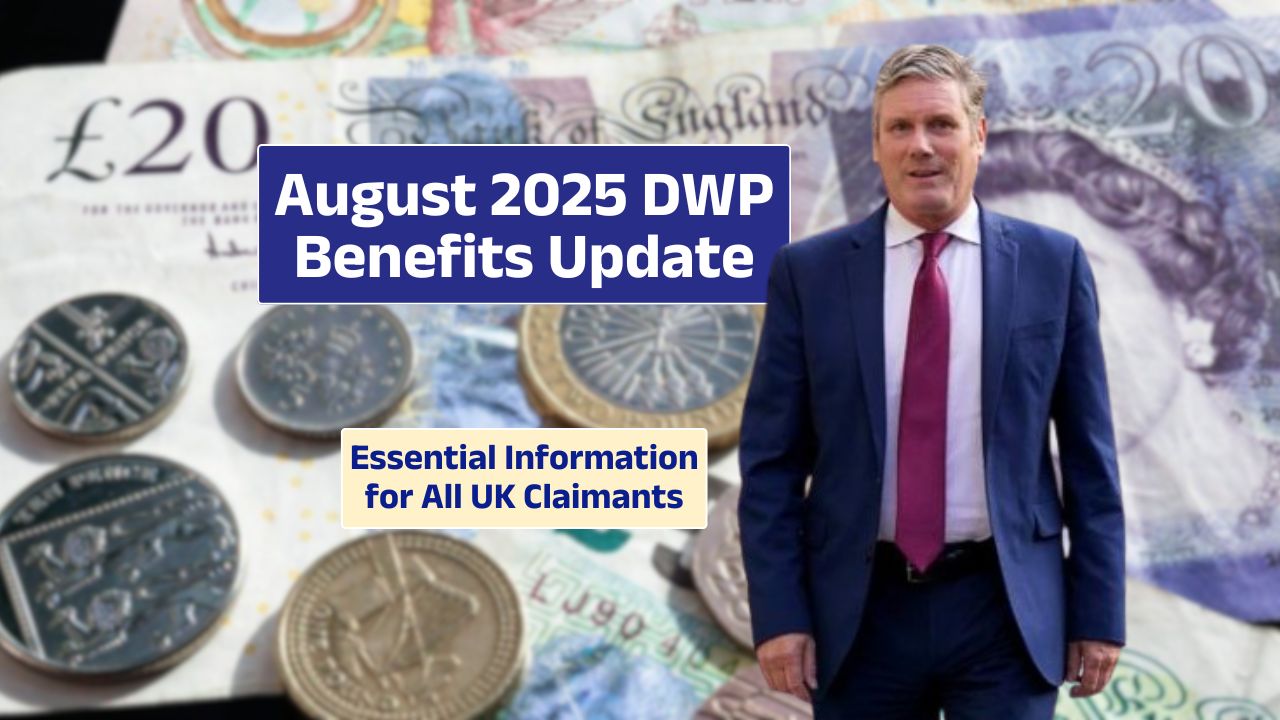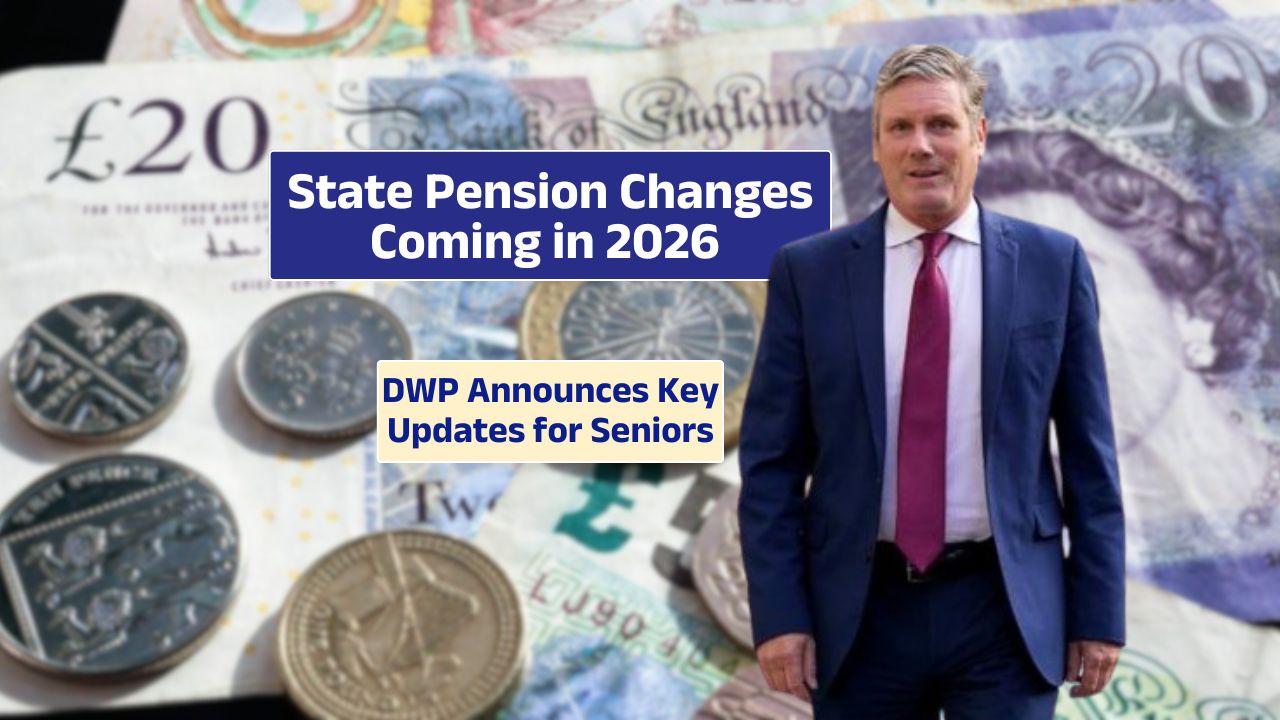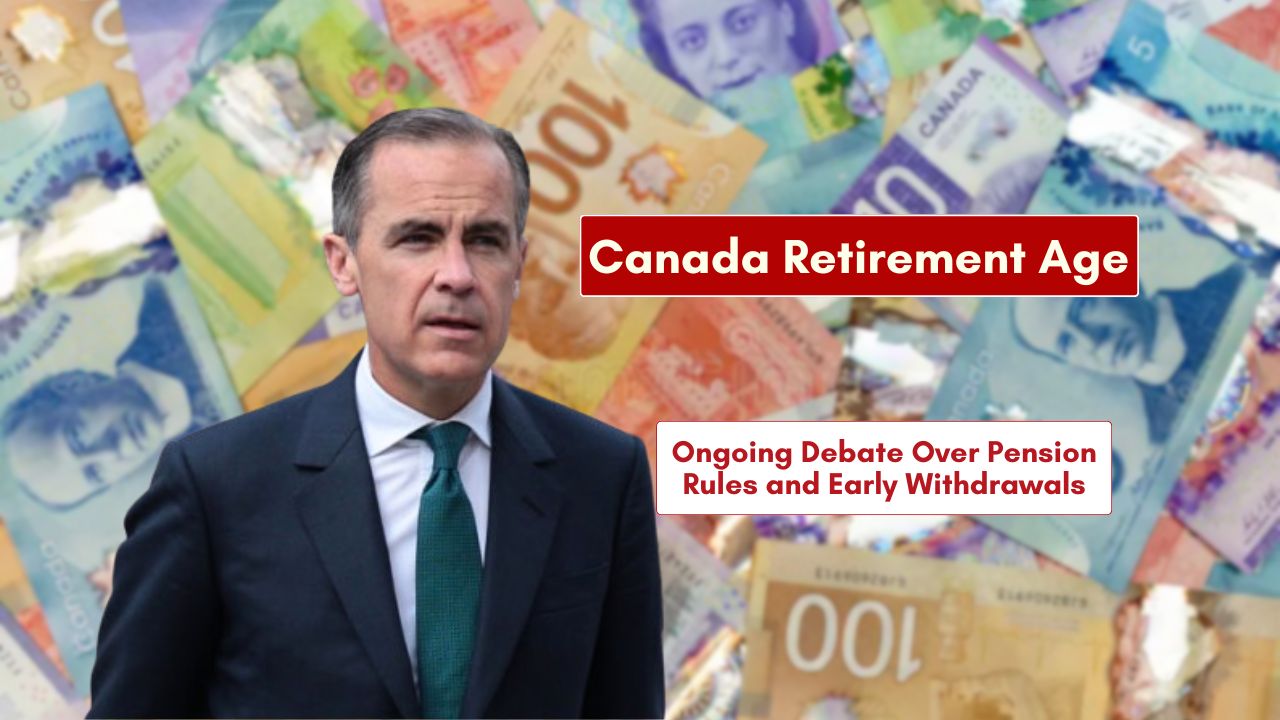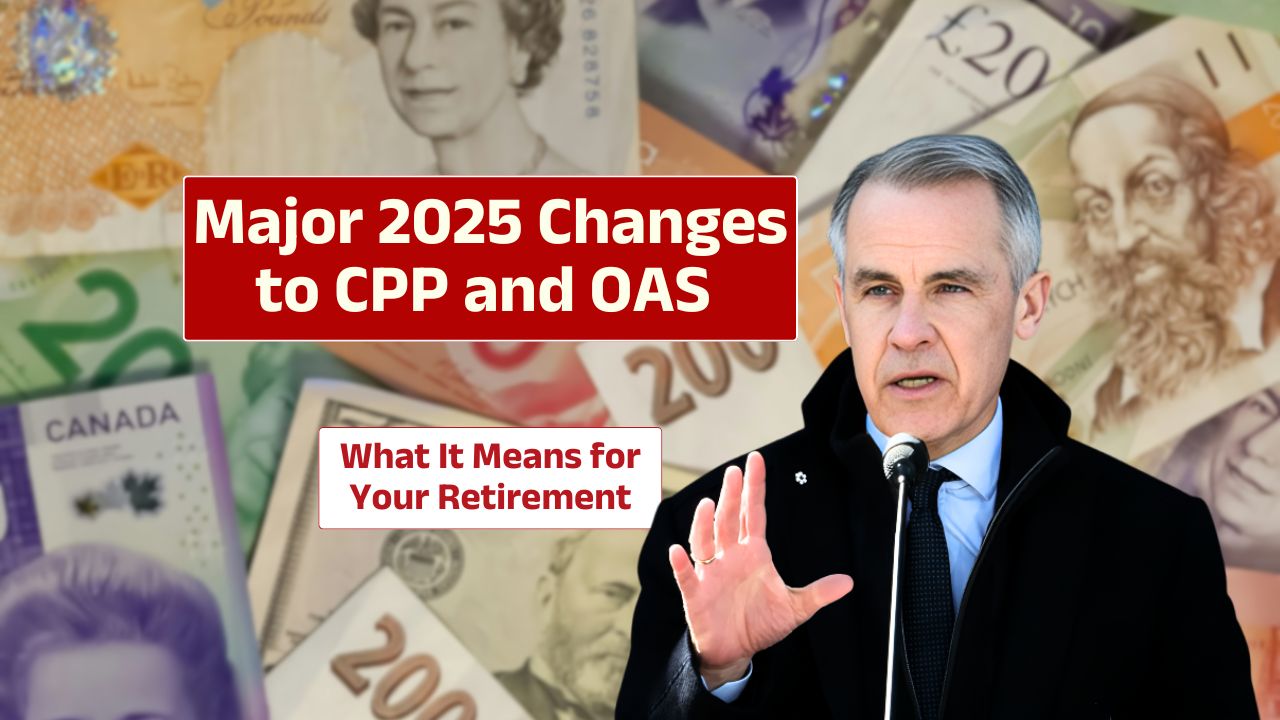Let’s clear the smoke around the rumour that the UK government is sending out £725 payments. That’s not happening.
Instead, what’s in the works is a gradual increase to Universal Credit starting from April 2026—targeted only at single claimants over 25. It’s not a lump sum, and it won’t reach everyone.
The changes also include new rules that will make life harder for many with disabilities. Let’s walk through what’s real and what’s not.
Table of Contents
Reality
The Welfare Reform Bill is a major update from the UK government aimed at shifting how benefits work. It’s being presented as a plan to help more people get into work, but it also includes measures that reduce or freeze benefits for many disabled individuals.
At the centre of this reform is a future increase in Universal Credit. But it’s not a one-size-fits-all handout. It’s a carefully phased-in change for a specific group of claimants and won’t apply to everyone on benefits.
Universal Credit
Here’s the truth behind the headlines. There is no one-off £725 payment coming your way. What’s actually being proposed is a long-term increase of up to £725 per year for single Universal Credit claimants aged 25 or older.
Here’s how it breaks down:
| Claimant Group | Will Receive Boost? |
|---|---|
| Single, over 25 | Yes |
| Single, under 25 | No |
| Couples | No |
| Families | No |
The full increase will be phased in gradually over four years beginning in April 2026, reaching its full amount around the 2029/30 financial year. So, it’s not a windfall—it’s a steady climb.
Disability
Now for the harder truth. While some will see a small increase in their Universal Credit, others—particularly those with disabilities—are facing cuts and tougher rules.
LCWRA Freezes
The Limited Capability for Work and Work-Related Activity (LCWRA) element of Universal Credit is one of the supports at risk. It offers extra money to those who cannot work due to health issues.
Here’s what’s happening:
- Current recipients will see their LCWRA amount frozen from 2026 to 2029
- New claimants after April 2026 will receive a lower rate
This freeze comes while the cost of living continues to rise, reducing the actual value of this support over time.
PIP Restrictions
Personal Independence Payment (PIP) is also being reshaped. The eligibility criteria are being tightened, and the assessment process is changing. As a result:
- More people may lose their PIP awards after reassessment
- Those with mental health or fluctuating conditions could be disproportionately affected
These changes are raising alarm bells, especially among disability rights groups who warn this could push more people into poverty.
Numbers
There’s also been confusion over how many people will benefit. Some claims have said seven million households will see an increase—but government figures say the real number is closer to four million.
That’s still significant, but it’s a reminder to double-check the source of any numbers you hear. False expectations only create more frustration.
Voices
Organisations like Scope and Disability Rights UK are speaking out against the reforms. They argue the changes unfairly target people with disabilities and will increase hardship for many.
These voices are urging policymakers to reconsider, listen to the communities affected, and protect the most vulnerable.
Guidance
If you’re already receiving Universal Credit or PIP—or think you might need to apply—it’s vital to prepare.
Step-by-step:
Step 1: Check your current benefits
Review what you currently receive. Make sure your information is accurate.
Step 2: Stay informed
Follow updates on the UK Parliament website or check Citizens Advice for clear explanations.
Step 3: Gather documentation
Keep letters from your doctor, health reports, and financial records ready in case you need to appeal or be reassessed.
Step 4: Ask for help
You’re not alone. Local welfare advisors, charities, and legal aid services can help you understand your options.
Community
This bill affects more than individuals—it impacts whole communities. When support is cut or reduced for those who need it most, it ripples through families, carers, and local support networks.
In times like this, our strength lies in community. We must speak out, stay informed, and support each other through the process. The Welfare Reform Bill isn’t just policy—it’s personal. And that’s why it matters.
FAQs
Is there a £725 lump sum payment?
No, it’s a gradual yearly increase starting in 2026.
Who qualifies for the Universal Credit boost?
Only single claimants aged 25 or over.
Will the LCWRA element be cut?
It will be frozen for existing claimants and reduced for new ones.
Are PIP rules changing?
Yes, assessments will be tougher and fewer may qualify.
Where can I check benefit changes?
Visit the UK Parliament site or Citizens Advice for updates.















